Challenges to Libyan women’s equal political participation
Lamis Ben aiyad *[i]
Since the spark of the revolution in 2011, Libyan women in various areas have had an essential role in leading the protests and peace processes to advocate for a democratic state. Women were continuously on the frontlines of peace negotiations. However, further investigations on the legal framework for documenting and ensuring the continuity of women’s participation seem necessary.
In the previous 10 years, Libyan women continued participating in informal peace processes advocating for reconciliation and being outspoken about the issues that citizens suffer from. They do so through civil work and campaigns on both the national and international levels to enhance their formal participation in decision-making. Based on a study that IFES conducted “nearly one in five Libyan women took part in a protest or demonstration. In some parts of the country levels of participation were even higher, such as in the eastern region, where 50 percent of women have taken part in an activity “to express their view” (IFES 2013: 19-25). This high number of participation actively demonstrates women’s knowledge and interest in contributing to drawing the path for a more inclusive society. However, this wasn’t enough to neither ensure women’s equal participation in decision-making roles nor in the national and multinational peace processes.
Women were excluded from equally participating in decision-making roles for mainly two reasons; lack of social awareness and systematic exclusion that started years before the revolution and continued till this very day. In the election in early January 2012, the National Transitional Council’s Election Committee released a draft election law that included only a 10 percent quota for women. This law was strongly criticized by women activists who protested in many ways until the law was revised, changed, and increased to 30%. There is also article No. (99) in the draft constitution that only regards men as presidents in its language which clearly leaves women behind. Moreover, In the Libyan Political Dialogue Forum that took place in November 2020, women’s participation was advocated for by civil society actors and the UNSMIL to ensure having women in reforming a national government. Still, there isn’t a clear legal framework for ensuring women’s equal political participation in the long run.
Providing the legal framework to ensure equal opportunities for women to lead decision-making roles can also constitute two main dimensions. Social awareness and gender-inclusive laws that can protect the right of women to participate in politics and take leading positions in the long run. Ms. Khadija El Boashi (Rule of law and gender expert) suggests that “There has to be clear laws and policies to increase and encourage women’s participation. For instance, stipulating the quota and the arrangement of male and female candidates vertically and horizontally in party lists”. Ms. Khadija also suggests “ We might also consider advocating for a fair quota for all positions that concern women’s political participation. For instance, the newly reformed national government pledged to make sure that 30% of the positions are for women. The issue here is that this pledge is only for reforming this government, while we need to have more inclusive laws and mechanisms to ensure this percentage of participation in the future”.
Moreover, an important aspect that the authorities need to further investigate when reforming more inclusive laws is the importance of including women from indigenous communities. We need to study the intersected identities they carry of gender and race that are further hindering their participation to make sure that we are providing equal access to opportunities in indigenous communities. Ms. Seham Taleb (A member of the Amazigh Supreme Council) explains “Libya is a state that does not recognize racial, ethnic and linguistic diversity. It does not recognize the cultural specificity of local communities that do not belong to the Arab race, which leads to the fact that all of its legislation allocated on the basis of one race. This makes Amazigh women marginalized and always feel that they are in a lower rank than Arab women and other citizens, and in order for the Amazigh women to obtain equal opportunities in political participation, they must be part of a system that they do not belong to, whether from an ethnic or linguistic point of view, which results in relinquishing her original identity”.
Decentralization is an important aspect when including individuals regardless of their backgrounds, Ms. Seham states that “The mistake that stakeholders continued to do in the previous 10 years is only including big cities, ignoring other groups of the community, and not paying attention to their specific needs”.
On the other hand, we have the social awareness aspect. The Libyan society isn’t the biggest supporter of women as leaders due to various reasons concerning its traditions, harmful gender norms, and stereotypes. For instance, The Libyan community doesn’t trust women as free and equal individuals. Therefore, Social awareness plays an essential role in women’s political participation because even if we provide the legal framework, the people are the ones who would vote and make the decision. Therefore, for inclusive and meaningful participation, we need objective voters who do not use the lens of gender but rather the lens of competence.
To sum up everything that has been stated so far. The participation of women in the previous 10 years was due to the rigorous work of civil society actors and gender equality advocates. However, this work isn’t documented in a legal framework that helps sustain and ensure women’s inclusivity in the upcoming political processes. Therefore, stakeholders shall develop more inclusive mechanisms and laws that can ensure the meaningful participation of citizens regardless of their gender and/or other identities. Moreover, community members should also investigate the qualifications and competencies of individuals rather than their backgrounds, gender, and any other irrelevant factors.
Recommendations
- Civil society organizations and activists shall advocate for documenting their powerful work through advocating for clear legal frameworks such as stipulating the 30% quota for women in all political participation aspects during the transitional phase to ensure justice for all.
- Civil society organizations and activists shall continue raising the awareness of women regarding their legal rights and the importance of their political participation both as elected and voters.
- The national government shall work on a national action plan for the UNSCR 1325 about women, peace, and security that can clearly illustrate the importance of including women in the peace processes
- The national government shall meet the trust of Libyan citizens by guaranteeing gender-inclusive participation as promised in the pledge.
- The parliament shall amend the laws that do not have clear and inclusive language for all citizens regardless of their gender and background.
- Articles such as article No. 99 in the constitution shall be amended to be more inclusive to ensure equal access to decision-making roles for men and women from diverse backgrounds.
- The International community shall continue supporting and lobbying for including women, also following up and monitoring the process of including women in the projects they lead.
- The international community, civil society, and the government shall put sustainable and inclusive policies for women’s participation that its impact can be more sustainable.
[i] Libyan writer and human rights activist
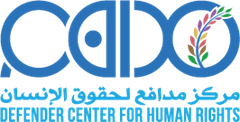
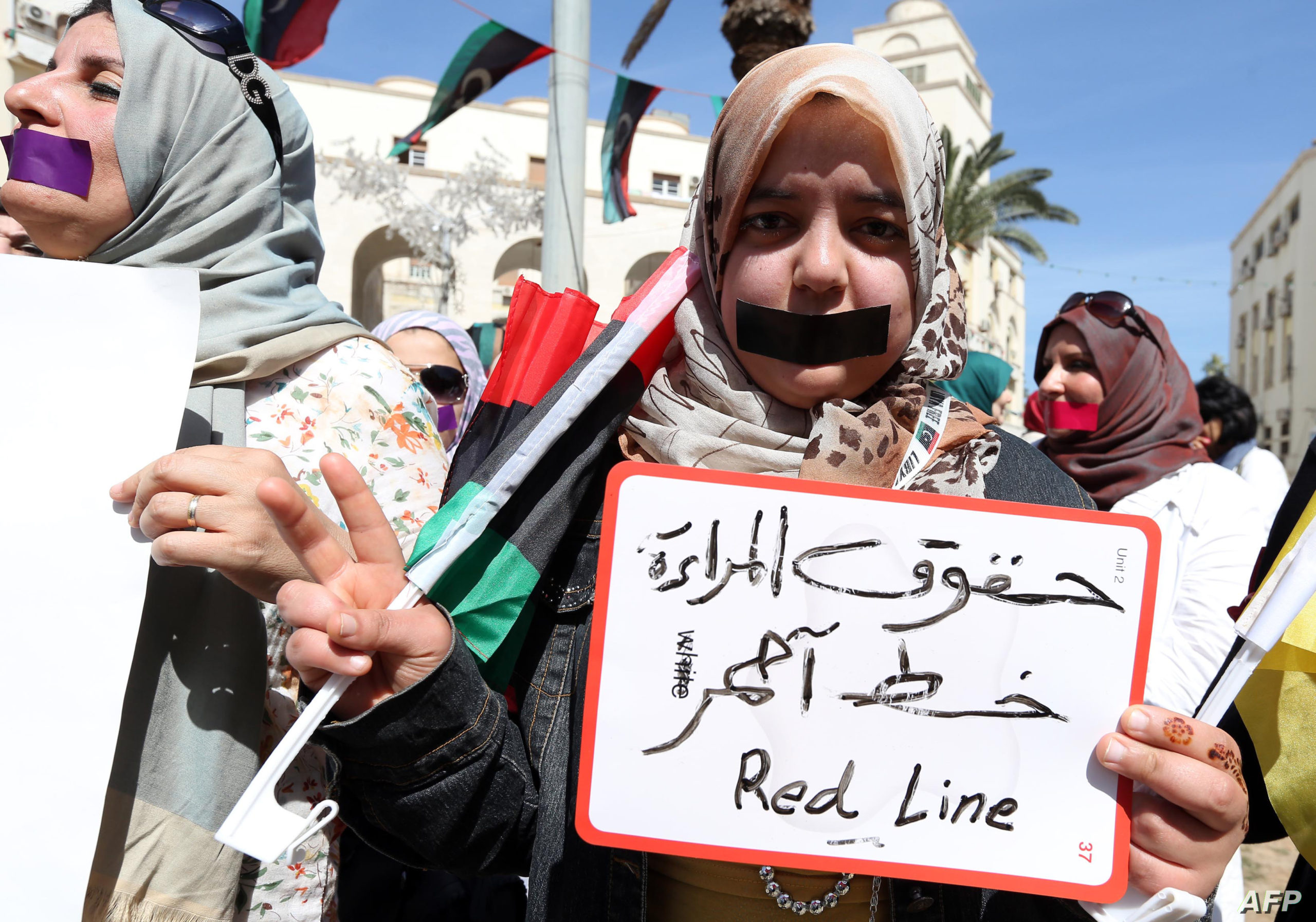
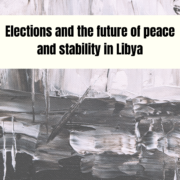

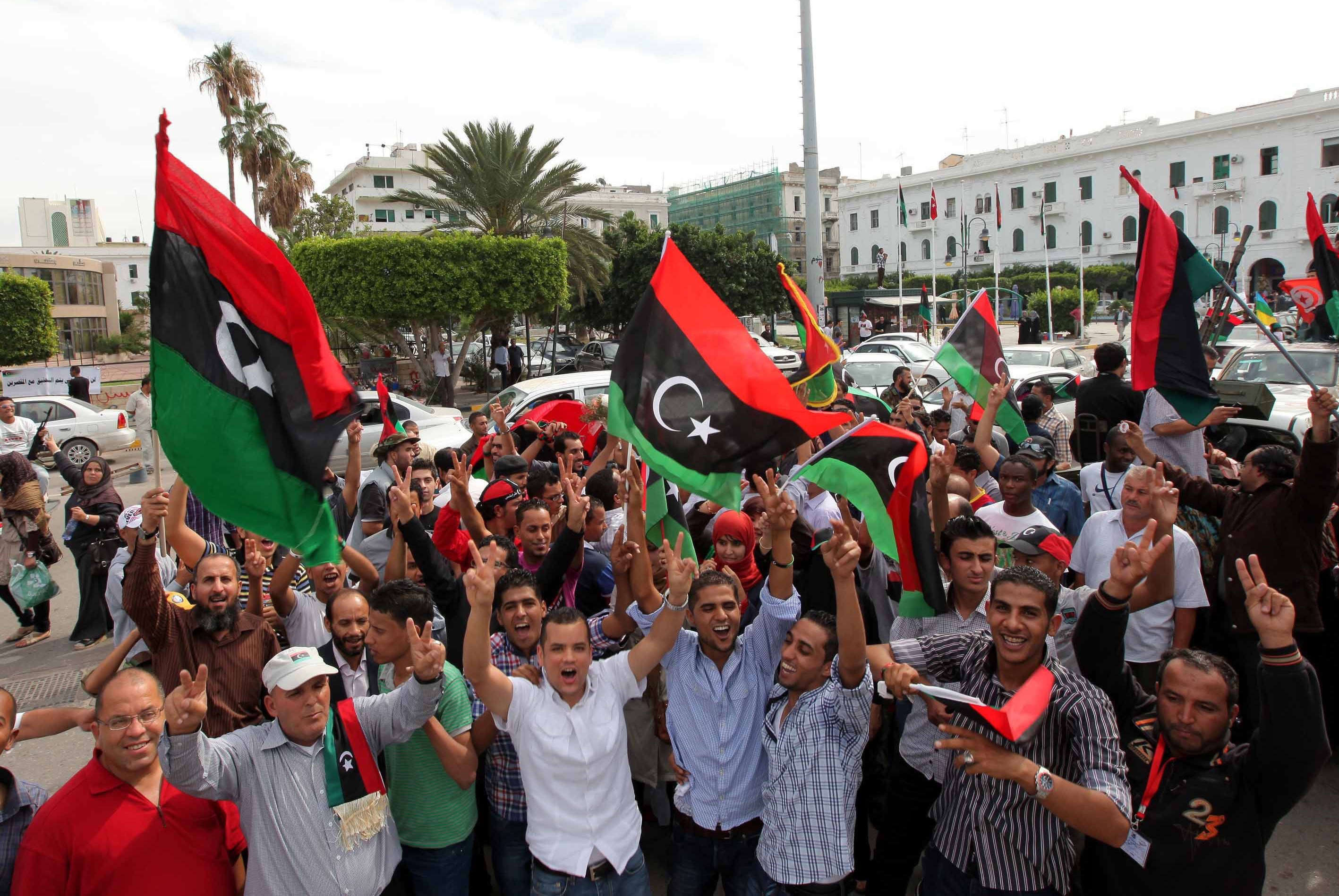
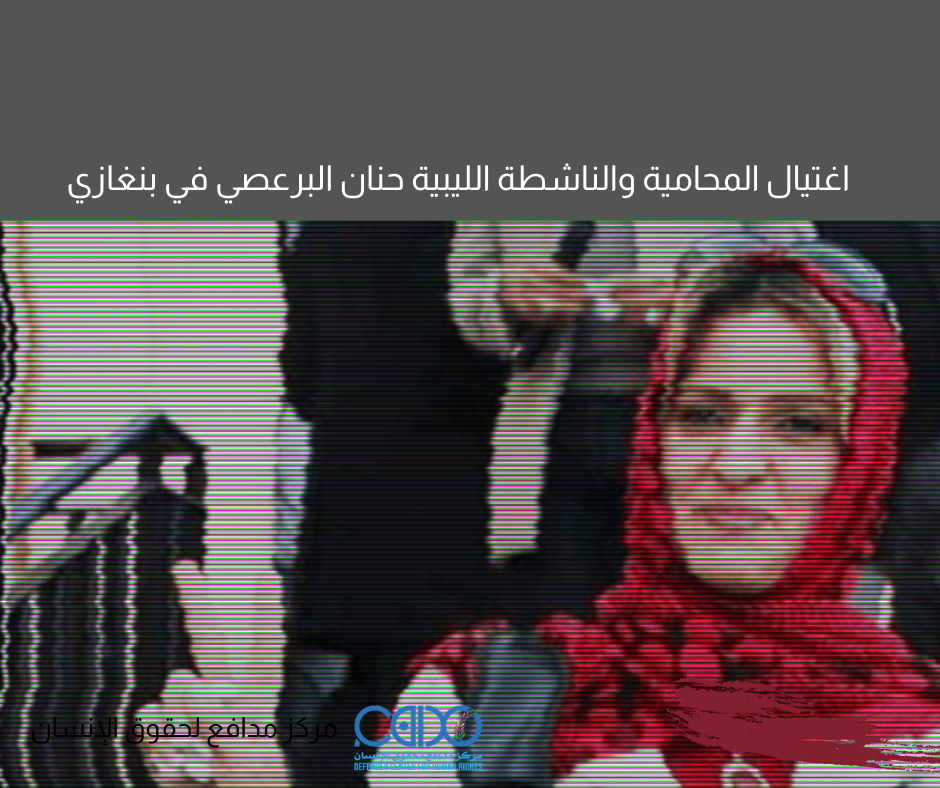


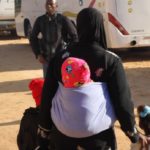
Leave a Reply
Want to join the discussion?Feel free to contribute!